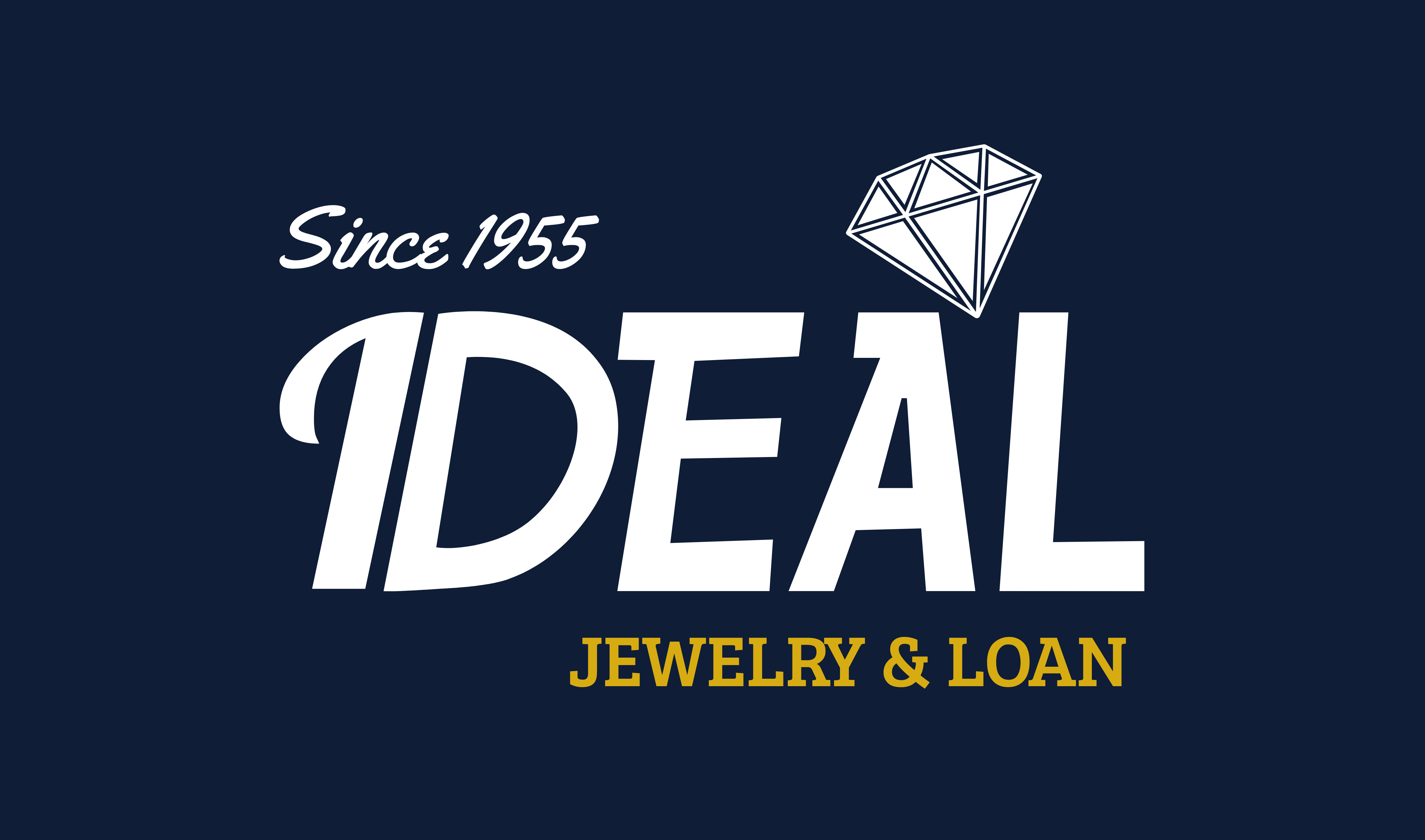Pawnshops have been around for centuries and have always been a reliable source of quick cash for people in need of emergency funds. Pawnshops provide secured loans to individuals by accepting personal belongings such as jewelry, electronics, or other valuables as collateral. The loan process of a pawnshop is relatively simple, and the terms and conditions are usually straightforward.
Pawnshops have become increasingly popular in recent years due to the ease and speed with which borrowers can get loans. However, borrowers should be aware of the terms and conditions of the loan before entering into an agreement. In this blog post, we will discuss the loan process and terms and conditions of a pawnshop and provide tips for borrowers to ensure they make the best decision.
The Loan Process
To get a loan from a pawnshop, you need to take your valuable item to the pawnshop and present it to the pawnbroker. The pawnbroker will assess the item’s value and offer you a loan amount based on the item’s worth. If you agree to the loan amount, you must sign a loan agreement outlining the loan’s terms and conditions, including the loan amount, interest rate, and repayment period.

The interest rate charged by pawnshops varies from state to state, but it is generally higher than that of traditional banks. The interest rate is usually between 10% and 25% per month, which can be a substantial cost for borrowers who need to extend their repayment period. If you fail to repay the loan within the agreed-upon time, the pawnshop has the right to sell your collateral to recoup their money.
Terms and Conditions
The terms and conditions of a pawnshop loan are usually straightforward, but they can vary from one pawnshop to another. Here are some of the common terms and conditions:
Loan Amount: The loan amount is based on the value of the item you provide as collateral. The pawnshop will appraise the item to determine its value and offer you a loan amount based on that appraisal.
Repayment Period: The repayment period is usually 30 days, but it can be extended if you pay the interest and fees associated with the loan. Some pawnshops may offer longer repayment periods, but this will depend on the state’s laws.
Interest Rate: The interest rate is the fee charged by the pawnshop for lending you the money. The interest rate is usually between 10% and 25% per month, and it can add up quickly if you fail to repay the loan on time.
Fees: In addition to the interest rate, the pawnshop may charge other fees, such as storage fees, appraisal fees, and processing fees. These fees can vary from one pawnshop to another, so it’s important to compare different pawn shops’ fees.
Collateral: The collateral you provide must be something of value, such as jewelry, electronics, or other valuables. The pawnshop will hold onto your collateral until you repay the loan. If you fail to repay the loan, the pawnshop has the right to sell your collateral to recoup their money.
Tips for Borrowers
If you need to borrow money from a pawnshop, it’s essential to research different pawn shops and compare their terms and conditions before choosing the best one for your needs. Here are some tips for borrowers:
- Research pawnshops in your area and read reviews from previous customers.
- Compare the interest rates, fees, and repayment periods of different pawnshops.
- Understand the terms and conditions of the loan before signing the agreement.
- Only borrow what you can afford to repay, and make sure to repay the loan on time to avoid losing your collateral.
- Consider negotiating the interest rate and fees with the pawnbroker to get the best deal possible.
Conclusion
Pawnshops can be a quick source of emergency funds for people in need of cash, but borrowers should be aware of the terms and conditions of the loan and ensure that they can repay the loan on time to avoid losing their collateral. Pawnshops can be an excellent option for those who have a bad credit score or cannot get a loan from a traditional bank, but they should not be used as a long-term financial solution.
If you are considering borrowing money from a pawnshop, it’s important to do your research and understand the terms and conditions of the loan before entering into an agreement. Make sure that you only borrow what you can afford to repay and choose a pawnshop with competitive interest rates and fees. Negotiating with the pawnbroker can also help you get a better deal on the loan.
In conclusion, the loan process of a pawnshop is relatively simple, and the terms and conditions are usually straightforward. Borrowers should be aware of the interest rates, fees, and repayment periods and ensure that they can repay the loan on time to avoid losing their collateral. With the right research and preparation, pawnshops can be a useful resource for those in need of quick cash.



